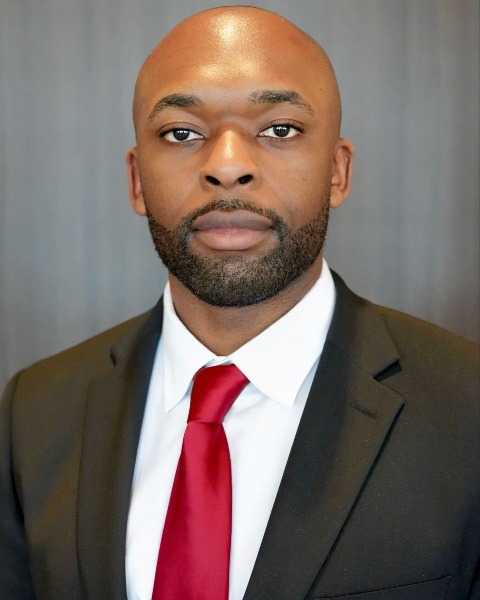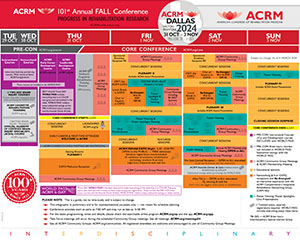
Mark Nwakamma, MS
PhD Candidate
Northeastern University
My research takes a multidisciplinary approach to the investigation of exercise on cognitive, brain, and general health outcomes, following a mild traumatic brain injury (mTBI), across the lifespan. MTBI research has been increasing in recent decades and has been found to not only influence related aspects of cognition and psychophysiological impairments. I aim to identify novel interventions utilizing exercise, and potentially cognitive training, to enhance cognitive function, such as executive function and memory, in individuals who’ve been cognitively impaired as a result of mTBI. My background in athletics, neuroscience, psychology provides a basis for my interdisplinary research focus. After graduating with a Bachelor of Science degree in biology, I pursued a professional basketball career where I played overseas for two years. Upon retirement, I pursued a Master of Science degree in neuroscience that focused mainly on the physiology and anatomy of the brain, in addition to clinical neurology, neuroimaging, and ethics. I would later become a research technician in the Cognitive and Brain Health Lab at Northeastern University, where I administered cognitive batteries, MRI protocols, physical function tests, cardiorespiratory fitness tests, and electroencephalography (EEG) in children and older adults. Currently, I am involved in two funded clinical trials investigating how aerobic exercise interventions changes cognitive and brain health following a traumatic brain injury. My comprehensive background provides an interdisciplinary perspective across several research questions on brain structure and function as well as cognition. As a young researcher this provides the necessary foundation for my exploration of the mechanisms underlying mTBI rehabilitation with the goal of improving quality of life and executive function across the lifespan.
Poster(s):
-
Saturday, November 2, 20242:30 PM - 2:45 PM

.jpg)
.jpg)
.jpg)
